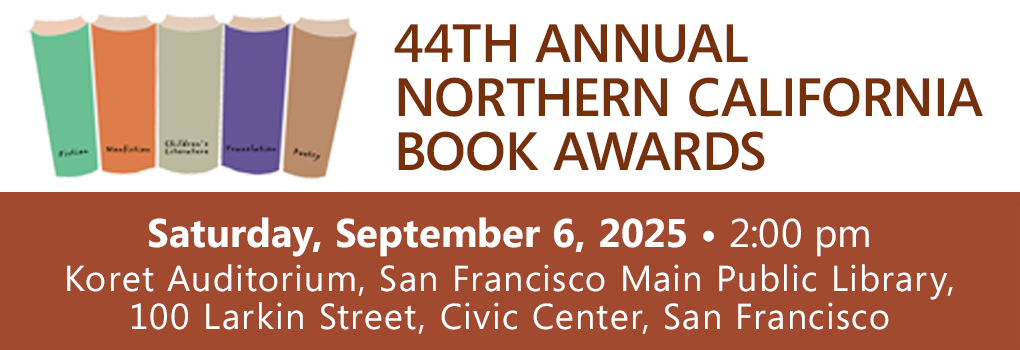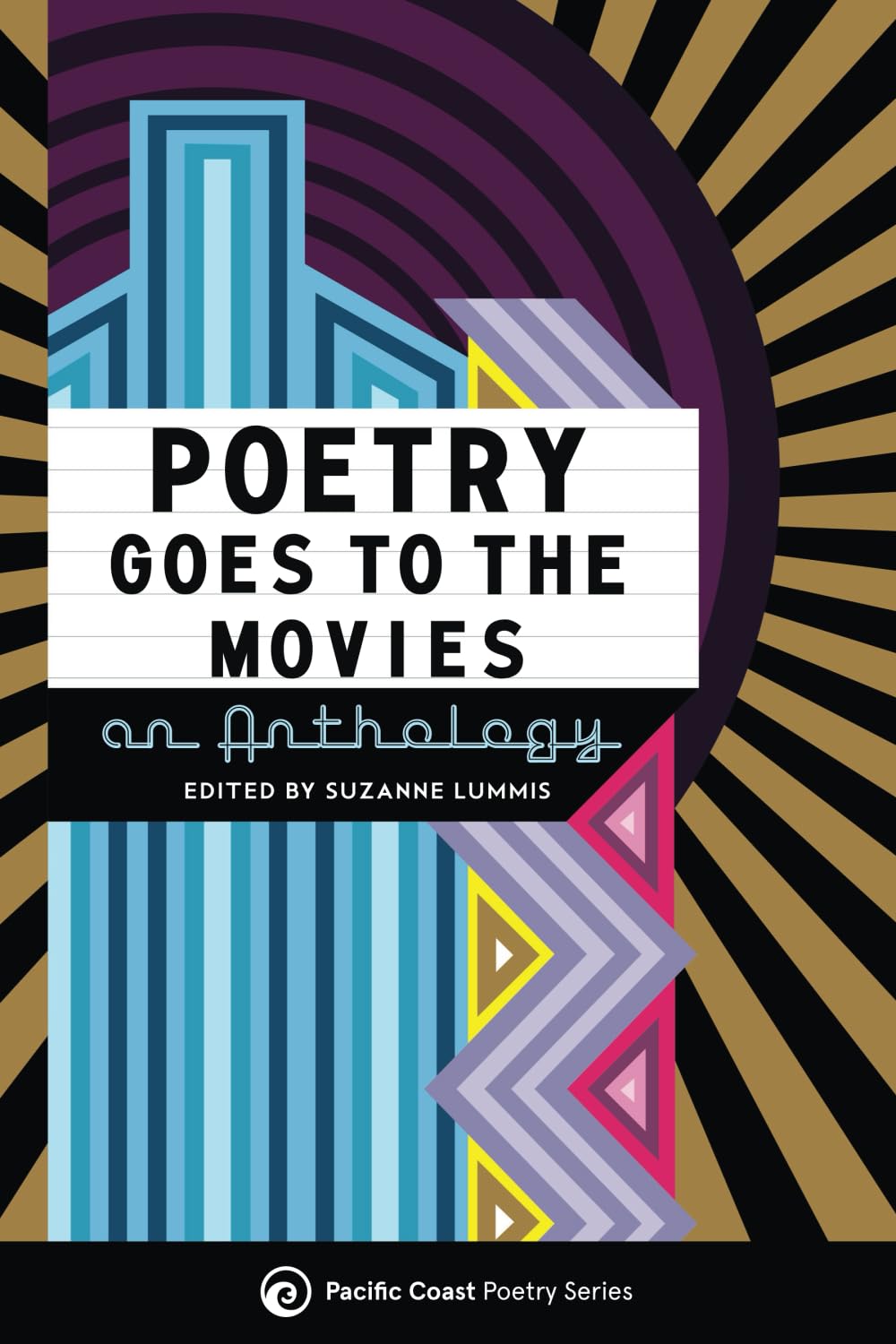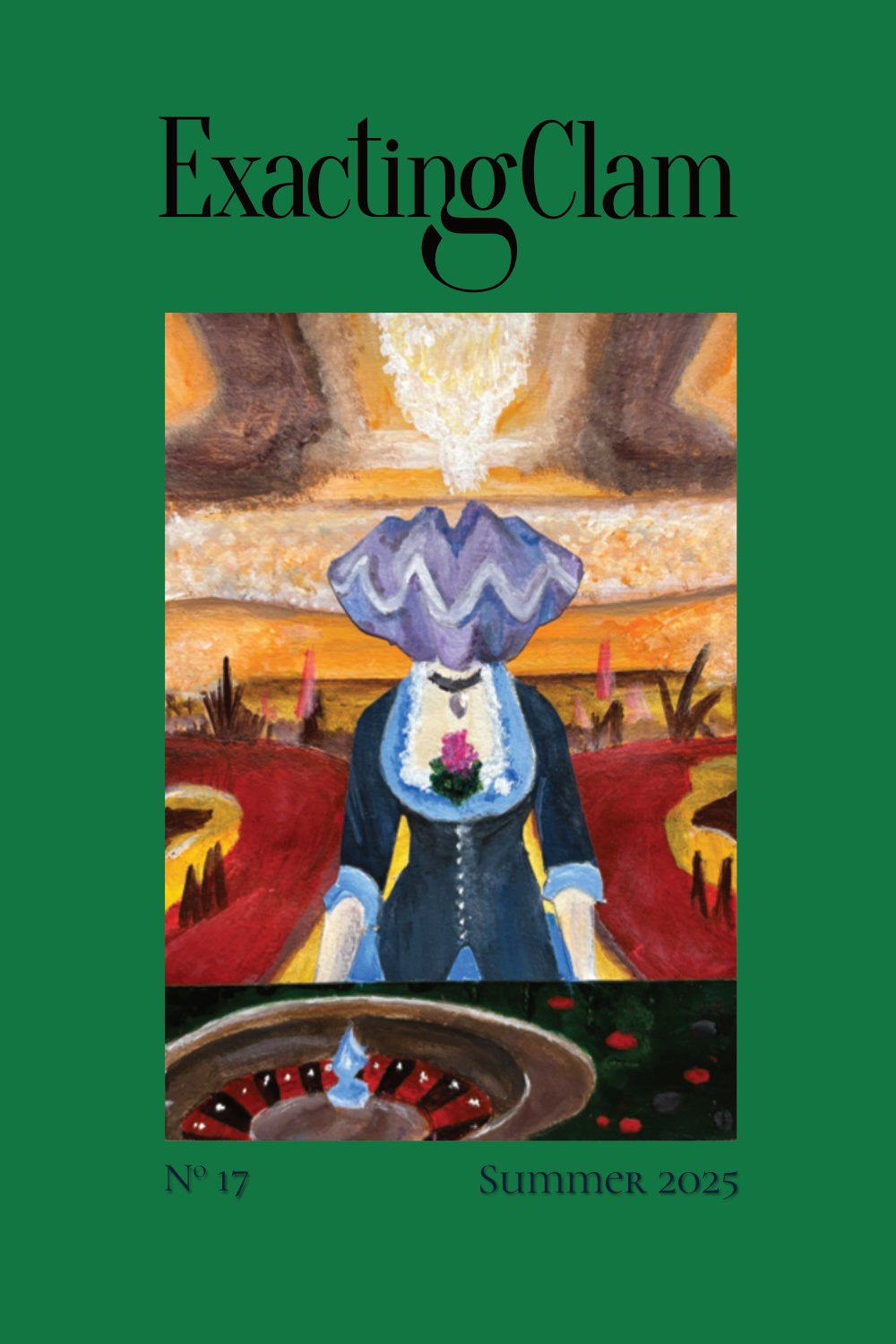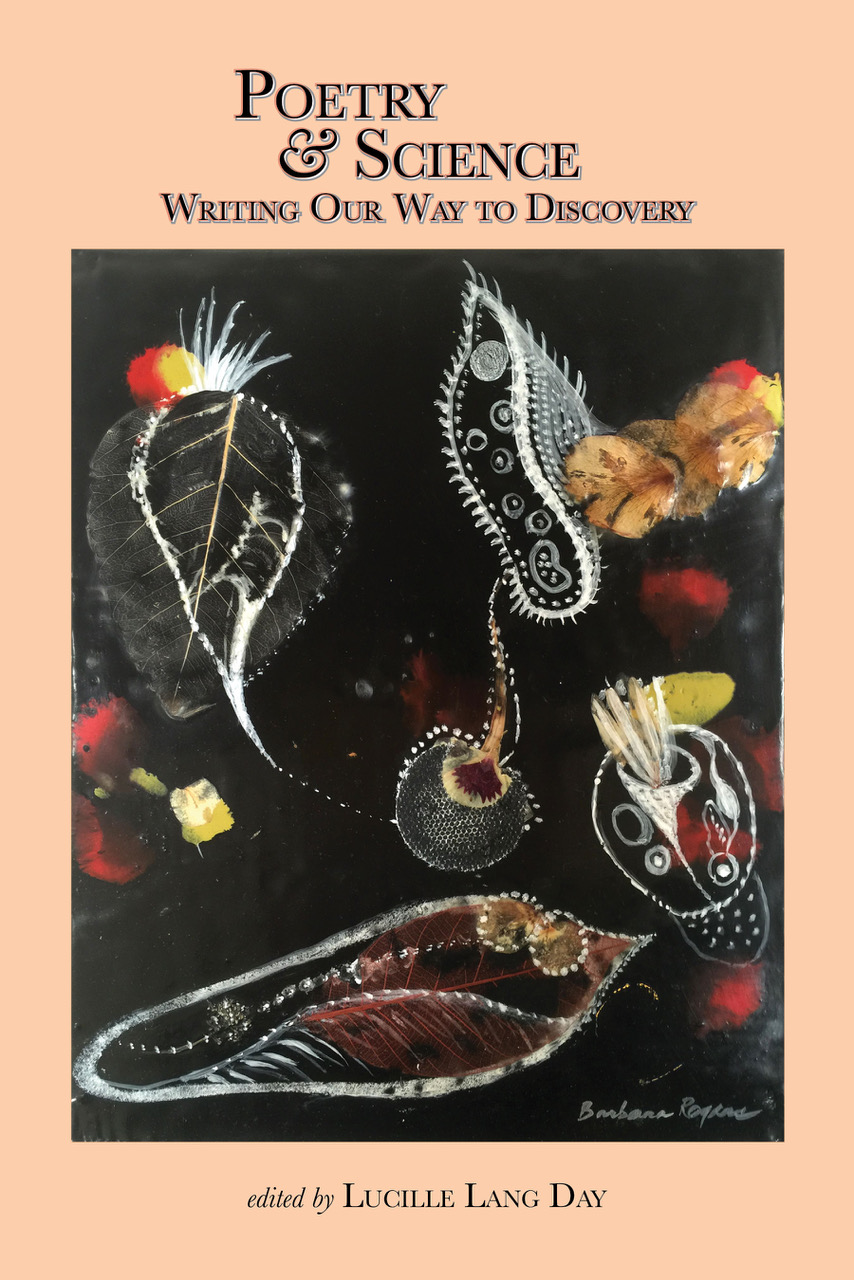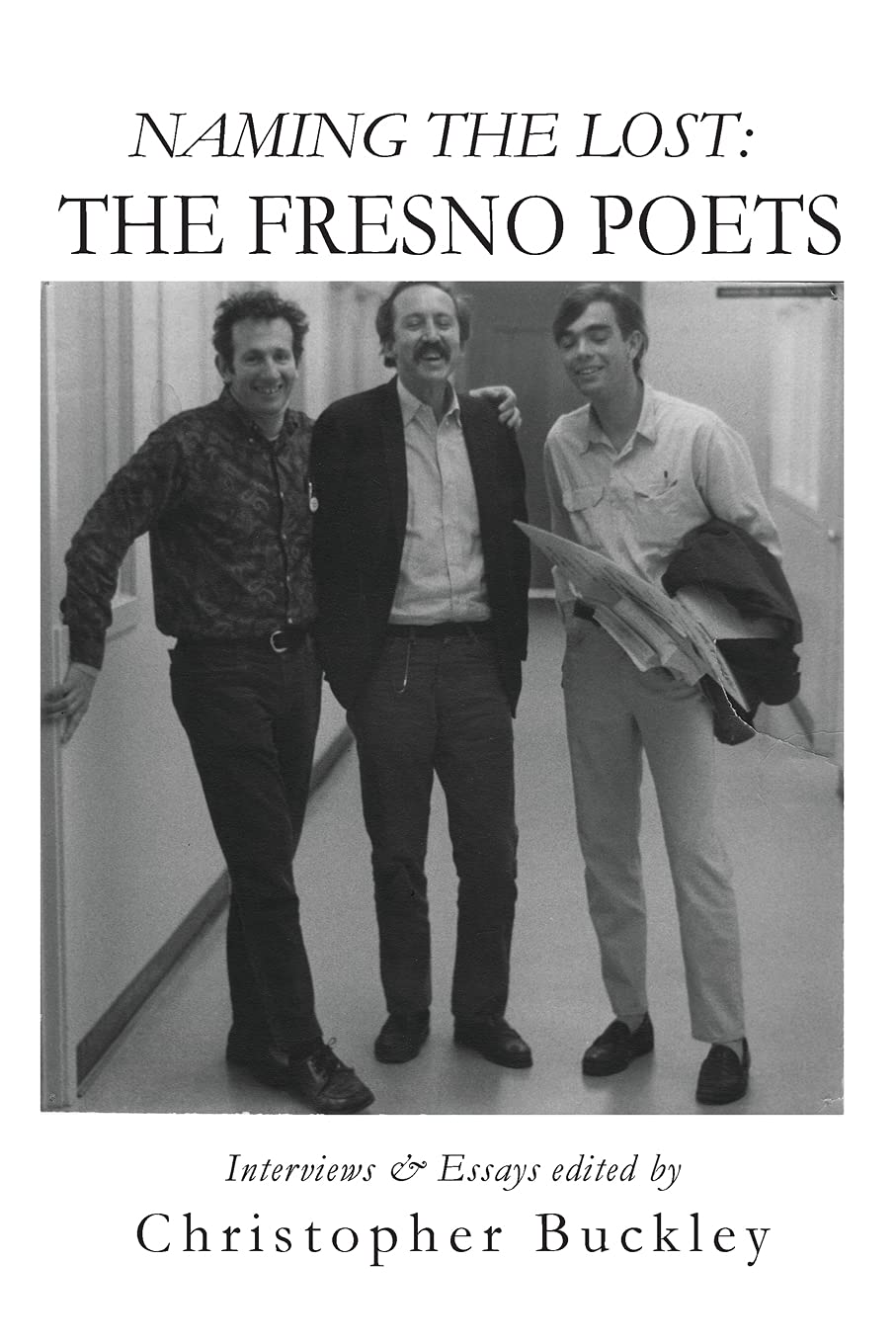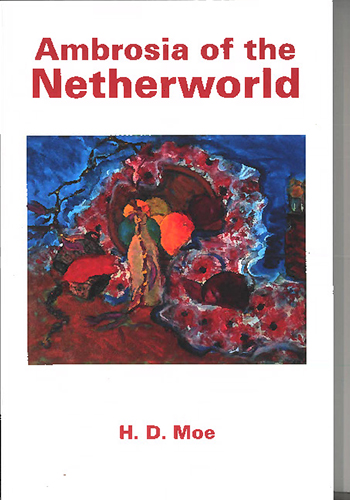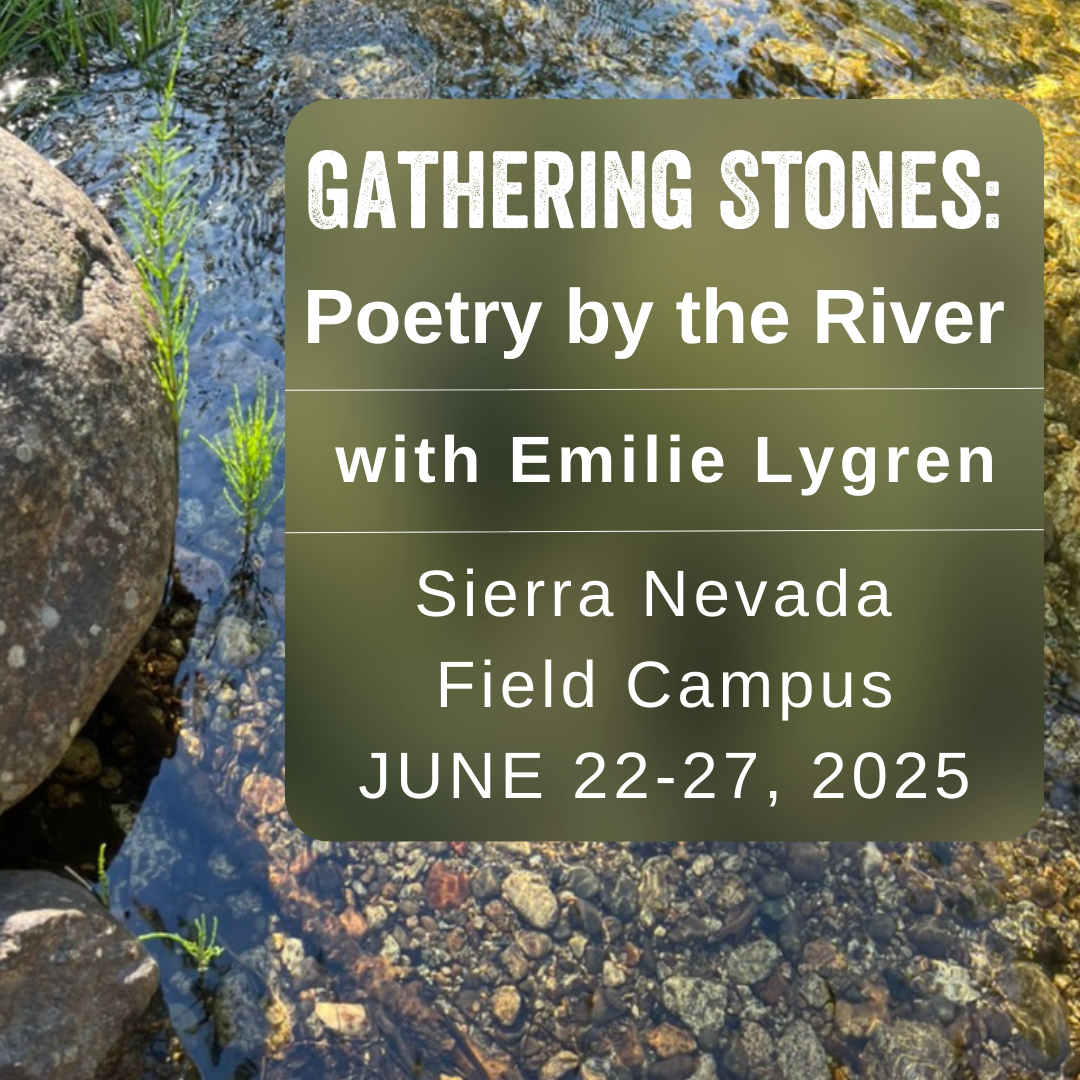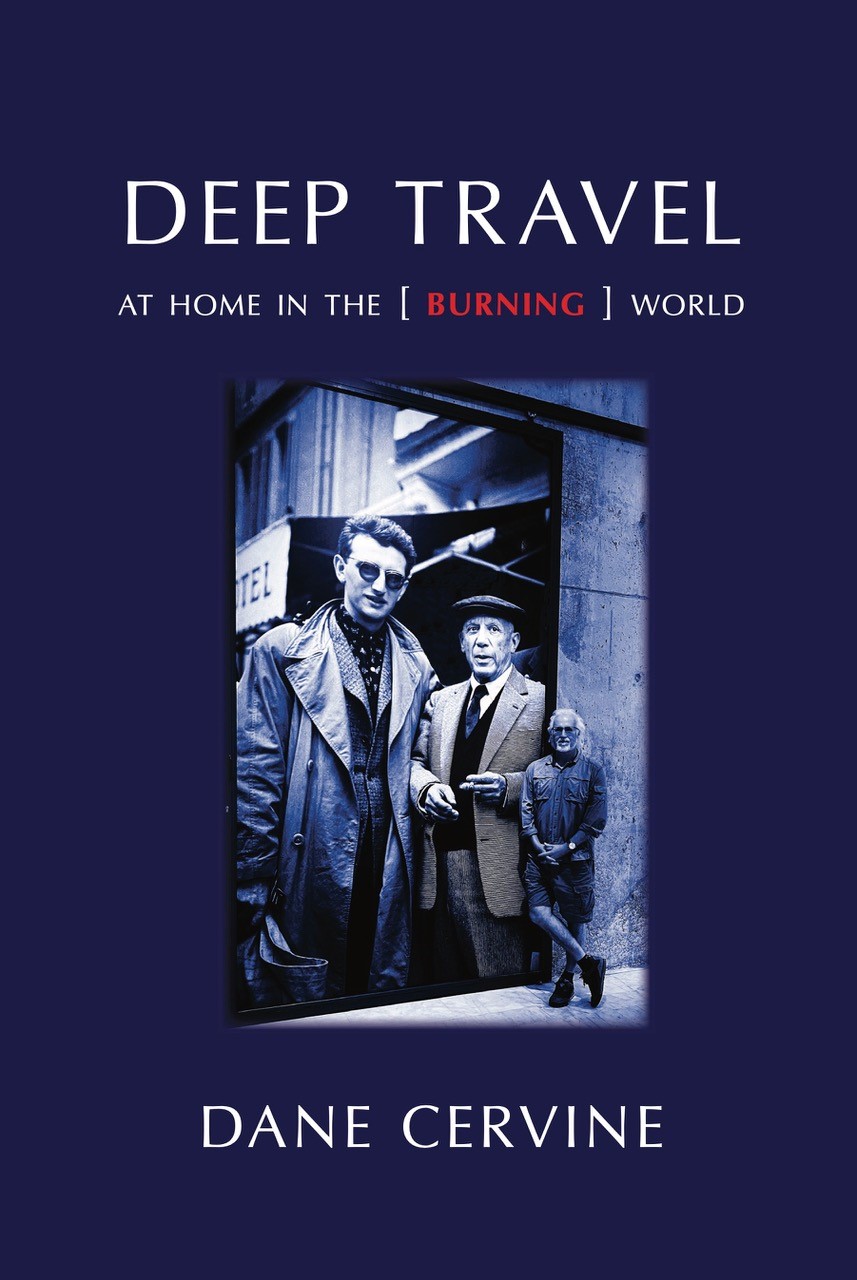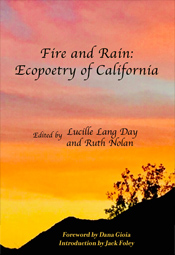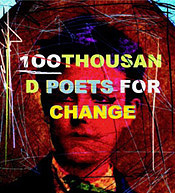
Fossil Flames
by Andrew Joron
Burns, Susan Gervitz, Pamenar Press, London and Toronto, 2022, 164 pages, paperback, about $20.00 in USD. The best way to order is through the Pamenar Press website, the book will be sent from their US distributor for a lower shipping price: www.pamenarpress.com.
THE TITLE OF SUSAN Gevirtz's new poetry collection, Burns, is both noun and verb. As noun, it could refer to injuries or damage caused by fire; as verb, it proposes the action of fire in the present tense, as ongoing transmutation. As the title oscillates between these two parts of speech, the reader is invited not only to observe, but to participate in motions of language, where meaning dances like a flame.
Yet Gevirtz, whose work has long stood in the forefront of American innovative poetry, does not so much set words on fire (as so many early modernists wished to do) as engage in a calmer, even methodical, postmodern reflection on the ways that words, and the ideologies they sustain, leave burn-marks in our mind.
This feeling of aftermath is reinforced by the book's cover image of a crinoid fossil, implying that the words of our language, handled by hundreds of generations before us, are living fossils.
Burns consists of five long poems, each a study of a particular system of meaning: paranormal phenomena; money; movies; girlhood; prisons. An unlikely inventory, perhaps, but one indicative of the poet's wide-ranging experiences and interests. In each of these poems, Gevirtz plays with disjunctive constellations of phrases and sentences to reveal unexpected aspects of the subject at hand. Here, as in other varieties of postmodern practice, formal de- and re-composition serves to bring a certain content into view.
In "GIVE," the poem about money, the significance of money as universal equivalent is brought into surprising relation with the sea as universal solvent. Sea-words swirl and mingle with words denoting economic exchange, turning currents into currency: "our living wage / wide open // would be / our mouths // small fish would enter." Such discursive collisions allow language itself to be understood as both a medium of exchange ("spending is speaking") and solvent ("To reduce the possibility of forgery / the behavior and the behaved must merge in / what the / sea has / seen / has said").
The centerpiece, and possibly masterpiece, of this collection is the text titled "Motion Picture Home." It is both a poem and a play, categorizable as both and neither (in the same way that the word burns oscillates between noun and verb). "Motion Picture Home" presents a convocation of disembodied voices whose dialogue explores the nature of time and personal memory. Here, the memories relate to the poet's family, especially her grandfather, a composer and conductor of soundtracks for Hollywood films. Amid the various and shifting tonalities in this piece, a kind of desperate nostalgia combined with dark humor predominates. The mix of live and recorded voices recast time as a nonlinear collage—"an amalgam of cosmic and local time"—whose every segment is simultaneously "present." That present, however, is undermined by the non-presence of voices who all exist offstage.
"Motion Picture Home" reprises some of the themes of Gevirtz's earlier book Black Box Cutaway, likewise based on the poet's family history in the movie industry. The piece also raises questions of narrativity addressed in Gevirtz's book Narrative's Journey, a study of the fiction and film writing of Dorothy Richardson, a twentieth-century British novelist often credited with inventing "stream of consciousness." Richardson's formal innovations and engagement with film have obvious affinities to Gevirtz's own work.
Gevirtz's study contributed to a revival of interest in Richardson's writing, which had fallen into relative neglect. Gevirtz always has been an active participant in the struggle for women's rights, especially in the field of literature. In the eighties, she joined poet Kathleen Fraser in producing (HOW)ever, a feminist literary journal. (HOW)ever proved influential in articulating an experimental poetics centered on women's voices, offering an alternative to the arguably male-dominated Language movement of that era. Gevirtz also befriended the older poet Barbara Guest, whose work first arose, yet suffered neglect, within the likewise male-dominated New York School. Gevirtz's new collection Burns is dedicated to Fraser and Guest, as well as to the poet Stacy Doris.
Themes of women's social and personal identity become most prominent in the collection's penultimate poem "The Wind in Her Daughtership's Majesty," a wind-blown account of the tribulations and transitions of "girlhood." The poem argues "…even the wind / is owned by names" and recognizes "names in full bloom / girlhood's season of no apology while harmed into the saying / the soon to be of it." The poem ends with the call of a collective voice: "All: When the wind blows from the south, that which no canvas sails could withstand, undress and conceive by the wind, give birth to girls."
Over the course of her career, Susan Gevirtz has greatly advanced the cause of feminist poetics and, in a wider sense, of innovative American literature. This new collection shows the poet at the height of her powers. Burns burns brightly in the landscape of postmodern poetry. ![]()
Andrew Joron is author of O0, a book of speculative fiction (Black Square, 2022), as well as numerous poetry collections including Absolute Letter (Flood, 2017), and Trance Archive (City Lights, 2010). He teaches Creative Writing at San Francisco State University.
— posted MAY 2023



